Queen of the Deccan
Pune, sometimes known as the "Oxford of the East," is a thriving city in the western Indian state of Maharashtra. Pune, known for its rich history, cultural legacy, educational institutions, and growing economy, combines traditional and modern elements in a unique way. Pune has a rich historical past that is profoundly steeped in Marathi culture. During the 18th century, the city served as the capital of the Maratha Empire's prime ministers, known as Peshwas. The Peshwas made enormous contributions to the development of Pune, establishing it as a political and cultural center. Key historical landmarks include the Shaniwar Wada, a massive fortress erected in 1732 to serve as the Peshwas' seat. Although much of it was destroyed in a fire, the remnants continue to entice history buffs.
Pune is well-known for its educational institutions and is frequently dubbed the "Oxford of the East." The city is home to numerous notable institutions and colleges, notably the University of Pune, which was founded in 1949 and has helped to cement the city's status as a premier educational hub. Institutions such as the Indian Institute of Science Education and Research (IISER), Symbiosis International University, and the Film and Television Institute of India (FTII) draw students from all over the country and internationally, creating a lively academic atmosphere. Pune's cultural landscape is a vibrant mix of traditional Maharashtrian culture and modern metropolitan influences. The city organizes a variety of cultural events, festivals, and fairs that represent its unique background. Ganesh Chaturthi, which is widely celebrated, is one of Pune's most important celebrations. The Pune International Film Festival and the Sawai Gandharva Bhimsen Mahotsav, a prominent Indian classical music festival, highlight the city’s cultural dynamism.
Pune is a significant economic hub, with a strong and diverse economy. The city has a robust industrial base, especially in the automotive, manufacturing, and information technology industries. Prominent IT parks, such as Hinjewadi IT Park and Magarpatta City, house a large number of international firms and startups, adding to Pune's status as an IT and commercial hub. Pune's closeness to Mumbai, India's financial hub, adds to its economic prominence. Pune has a variety of tourism attractions. The Osho International Meditation Resort in Koregaon Park is a global destination for individuals seeking spiritual enlightenment. The city's various parks and green areas, such as Saras Baug and Kamala Nehru Park, provide inhabitants and visitors with peaceful sanctuaries.
The best season to visit Pune is in the winter, from October to February, when the weather is beautiful and ideal for sightseeing and outdoor activities. The monsoon season, which runs from June to September, produces moderate to heavy rains, revitalizing the city's flora but also creating occasional interruptions. Summers (March through May) may be scorching, with temperatures occasionally exceeding 35°C (95°F). Pune is a city that flawlessly integrates its ancient past with modernity, making it an appealing destination for both inhabitants and visitors. Its diverse cultural scene, educational eminence, and economic vigor make for an exciting metropolitan experience. Whether you're visiting historical landmarks, experiencing cultural events, or connecting with the academic and corporate sectors,. Pune offers a diverse and enriching experience that captures the essence of Maharashtra’s spirit and growth.
Pune
Location in Maharashtra
Attractions in Pune
Pune, the state capital of Maharashtra, is renowned for its mix of modern and ancient attractions. A must-see is the Aga Khan Palace, a representation of India's liberation fight. A spectacular fortress that highlights the city's rich Maratha past is Shaniwar Wada. The Osho International Meditation

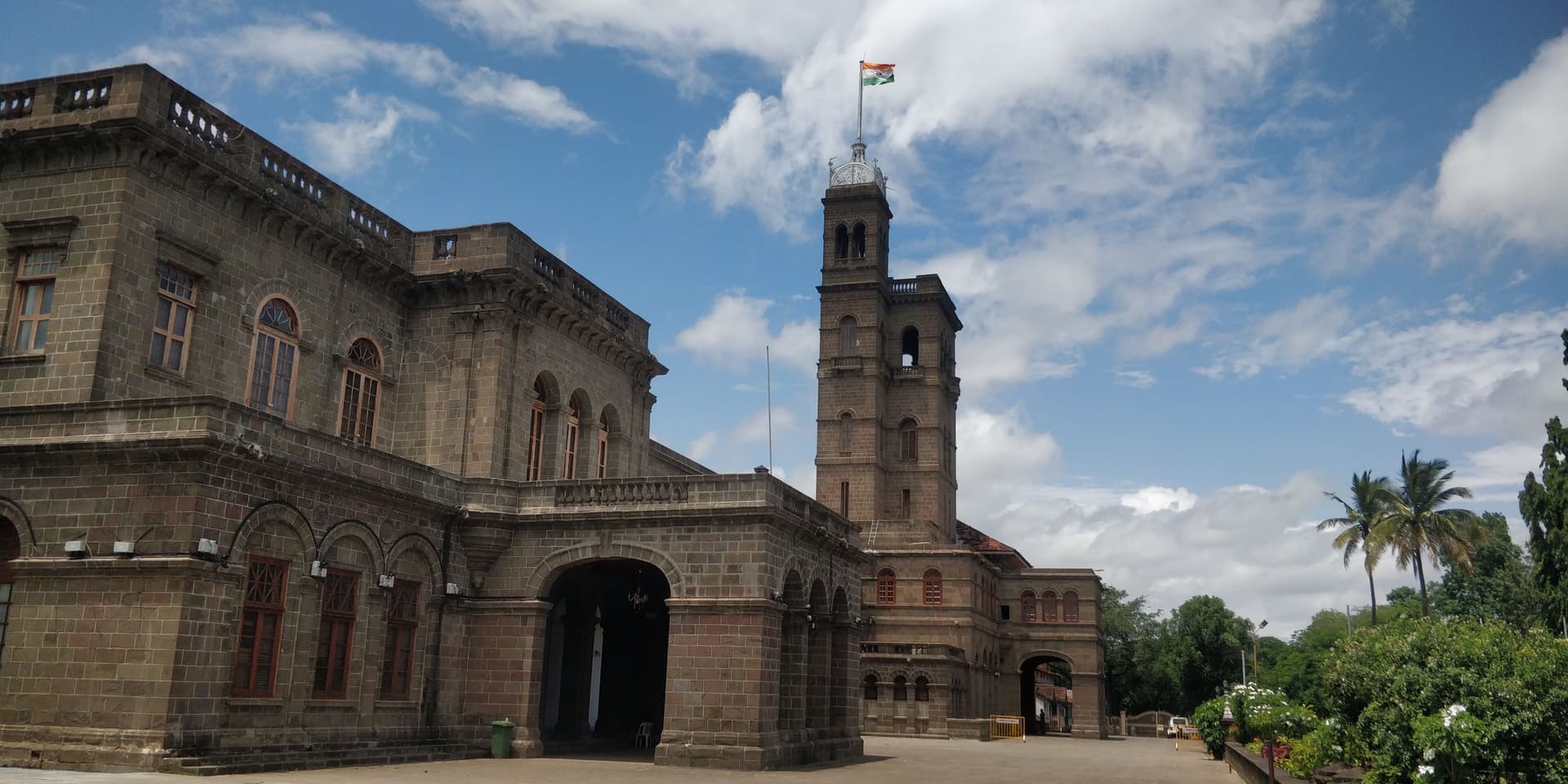

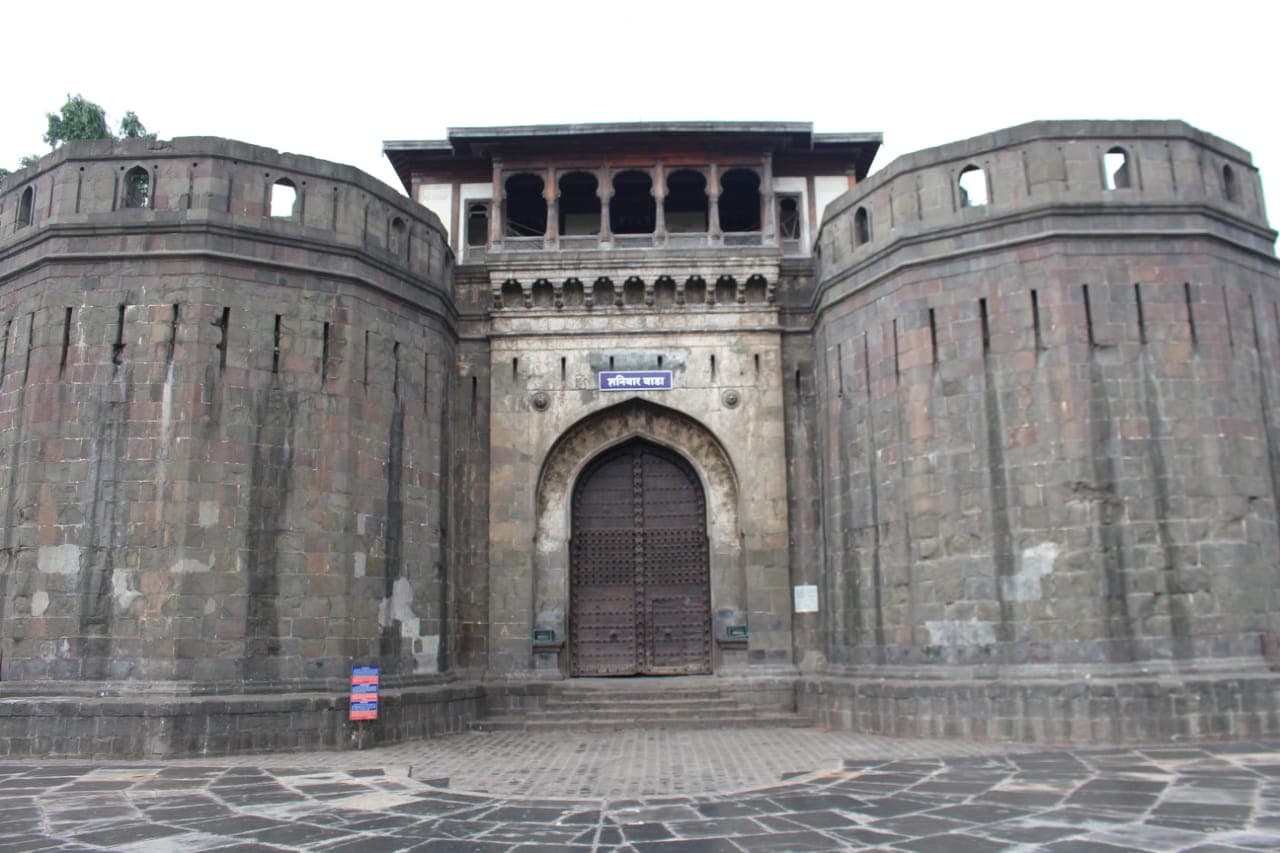
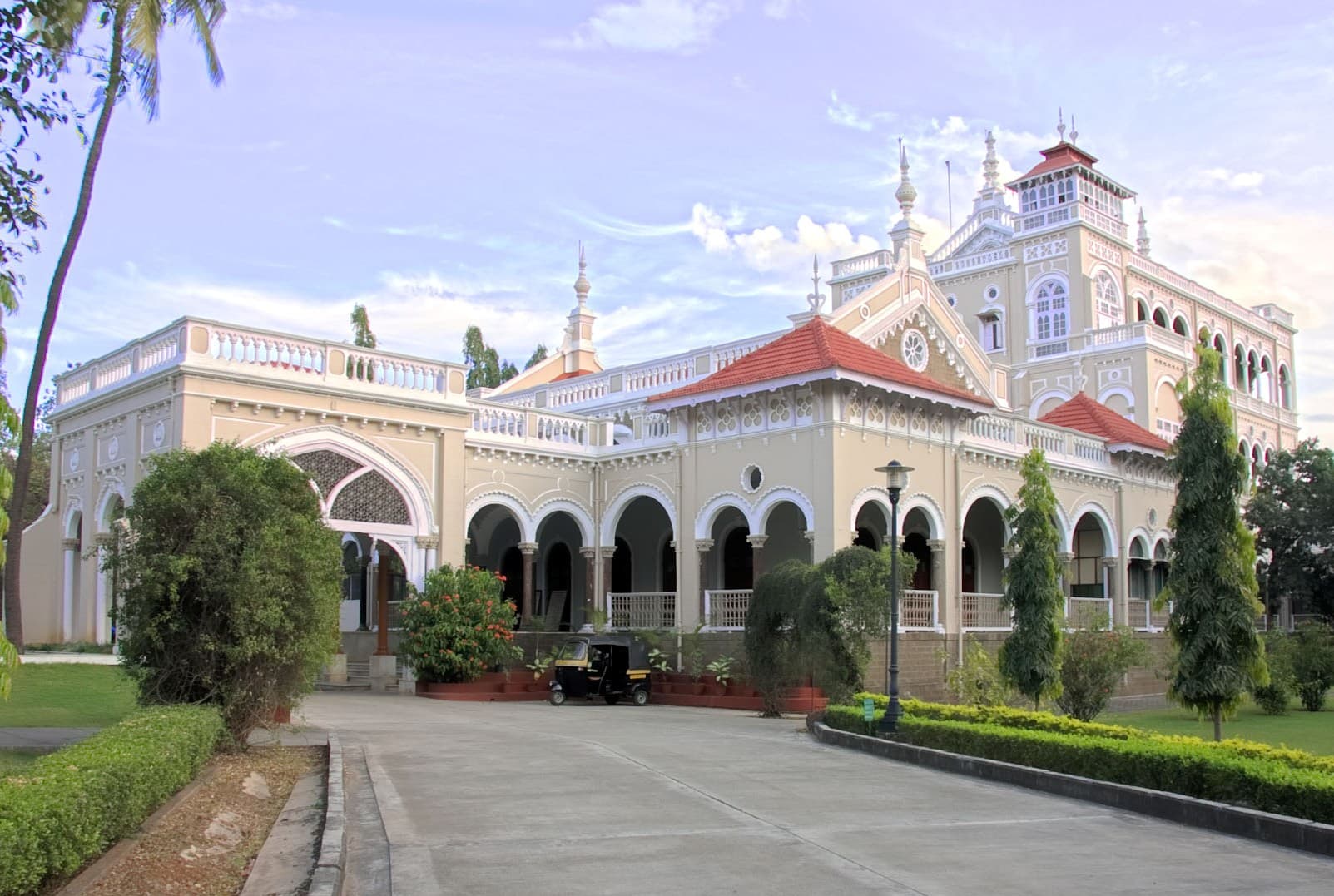
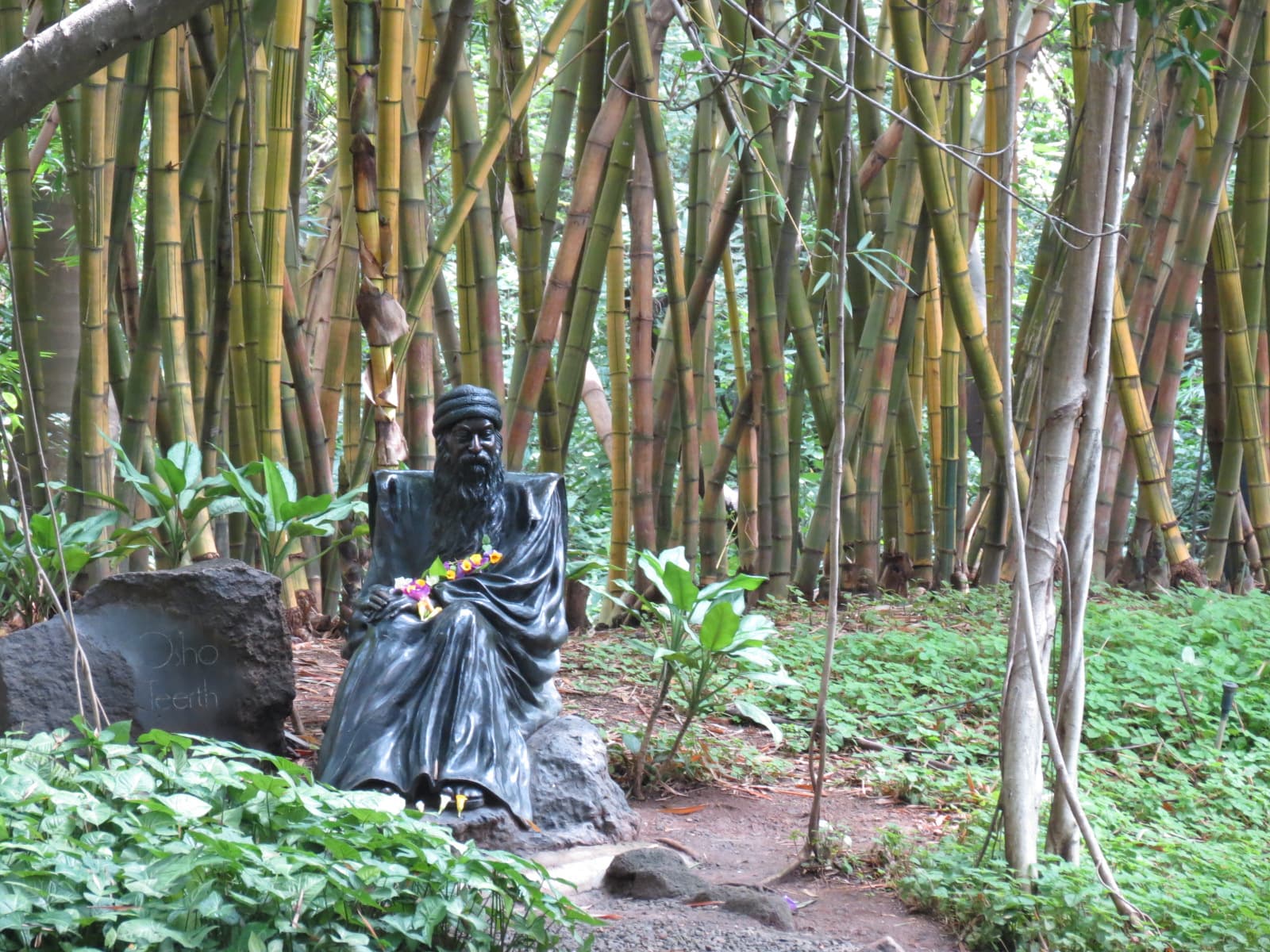
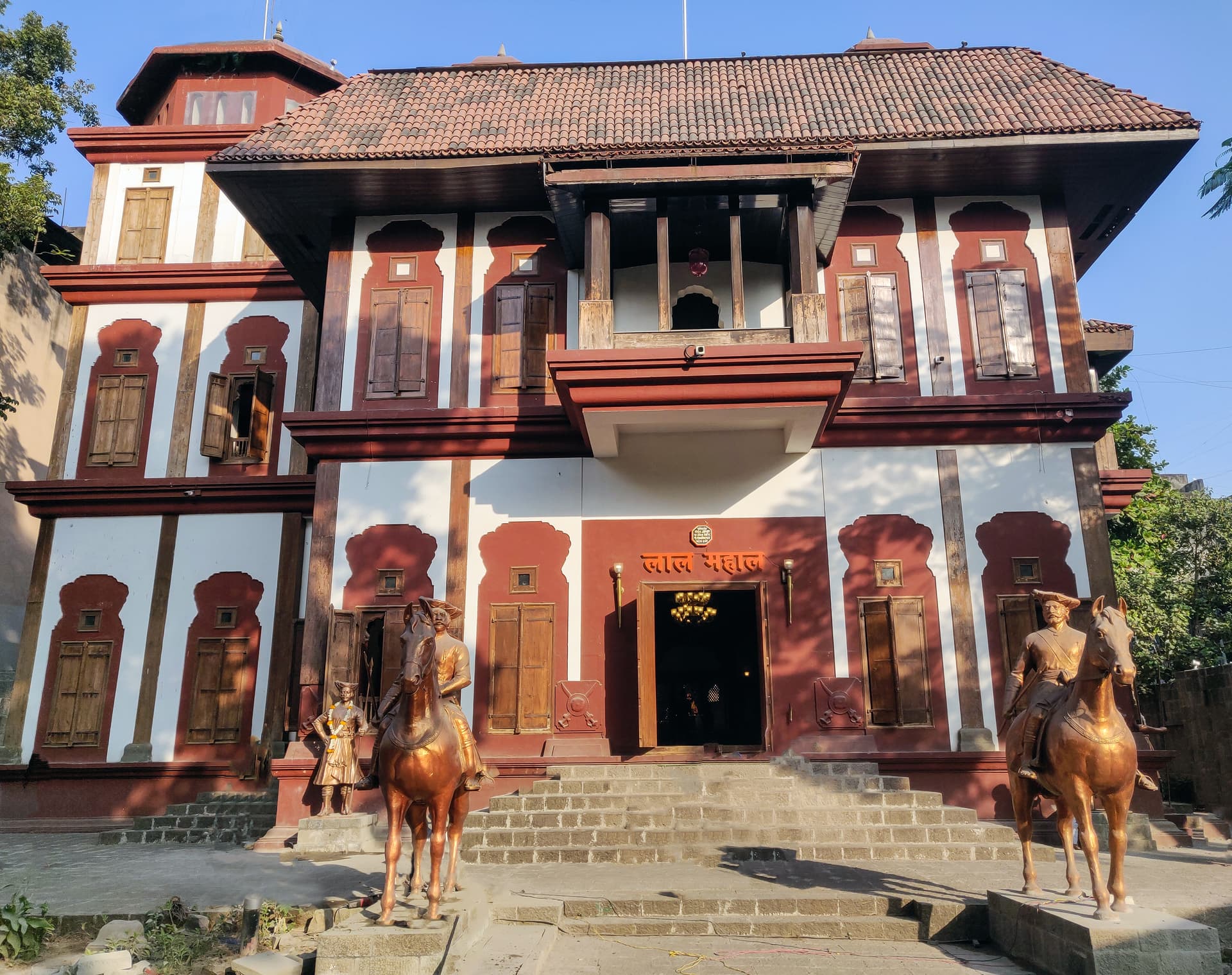
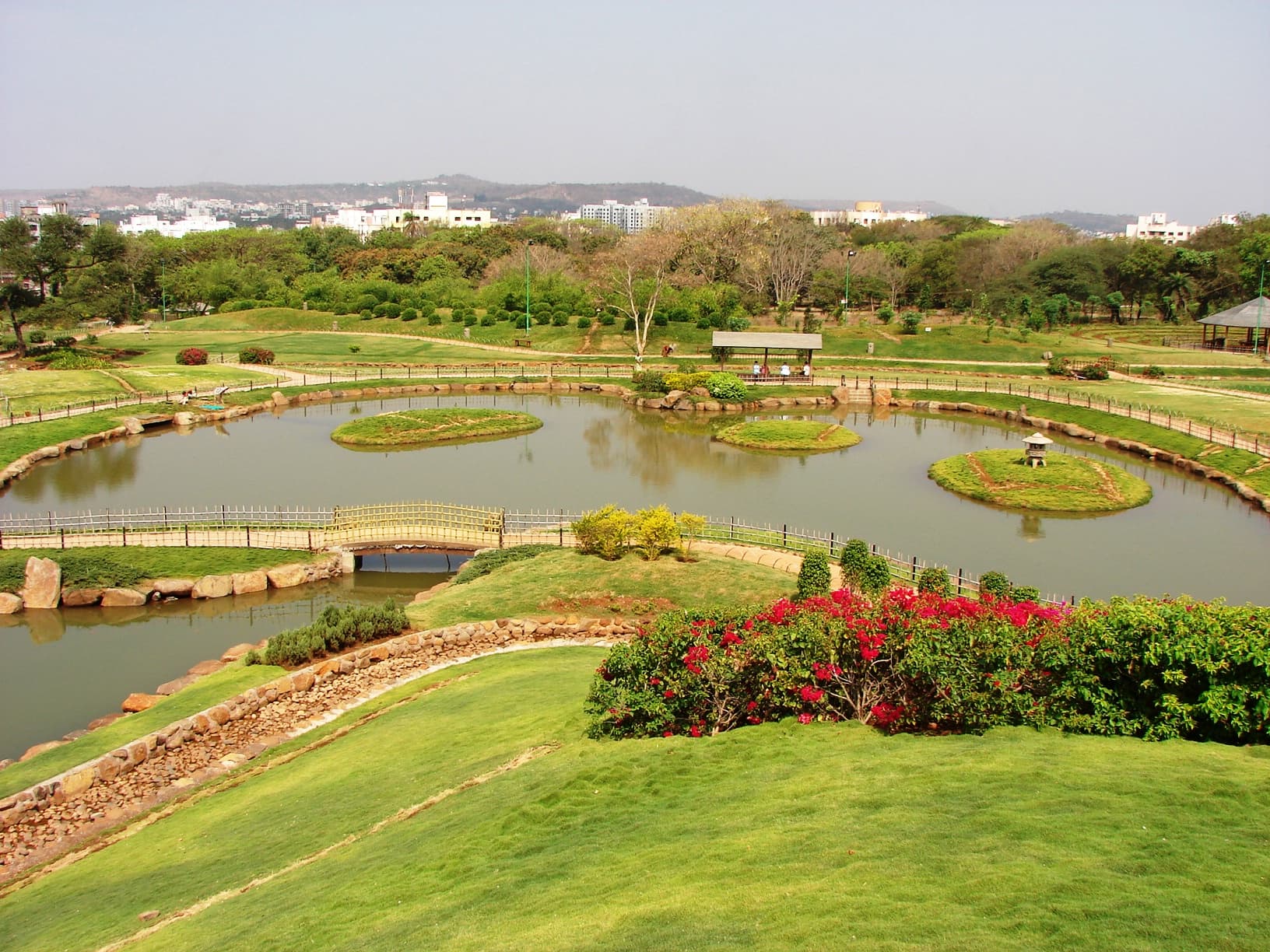
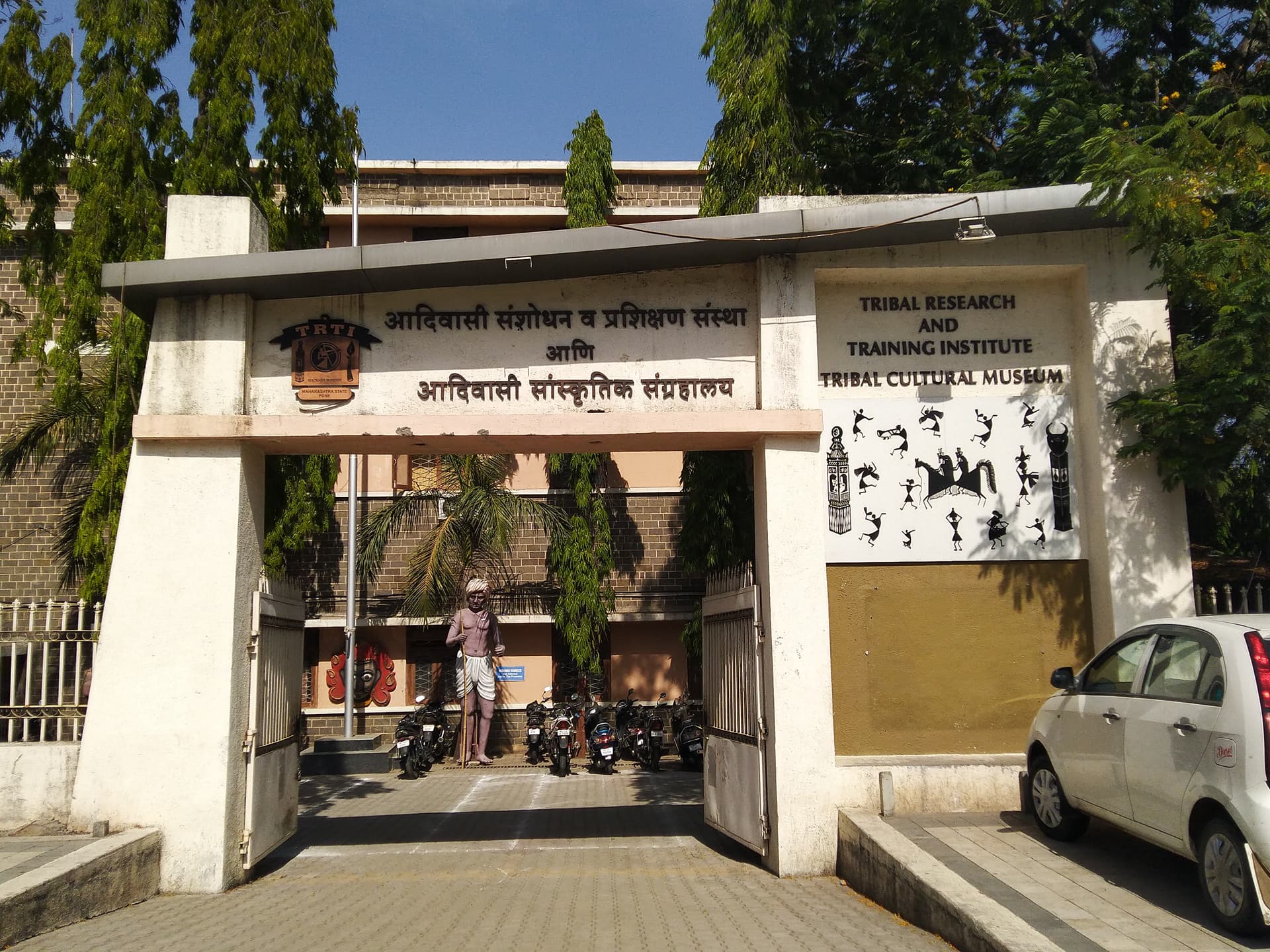
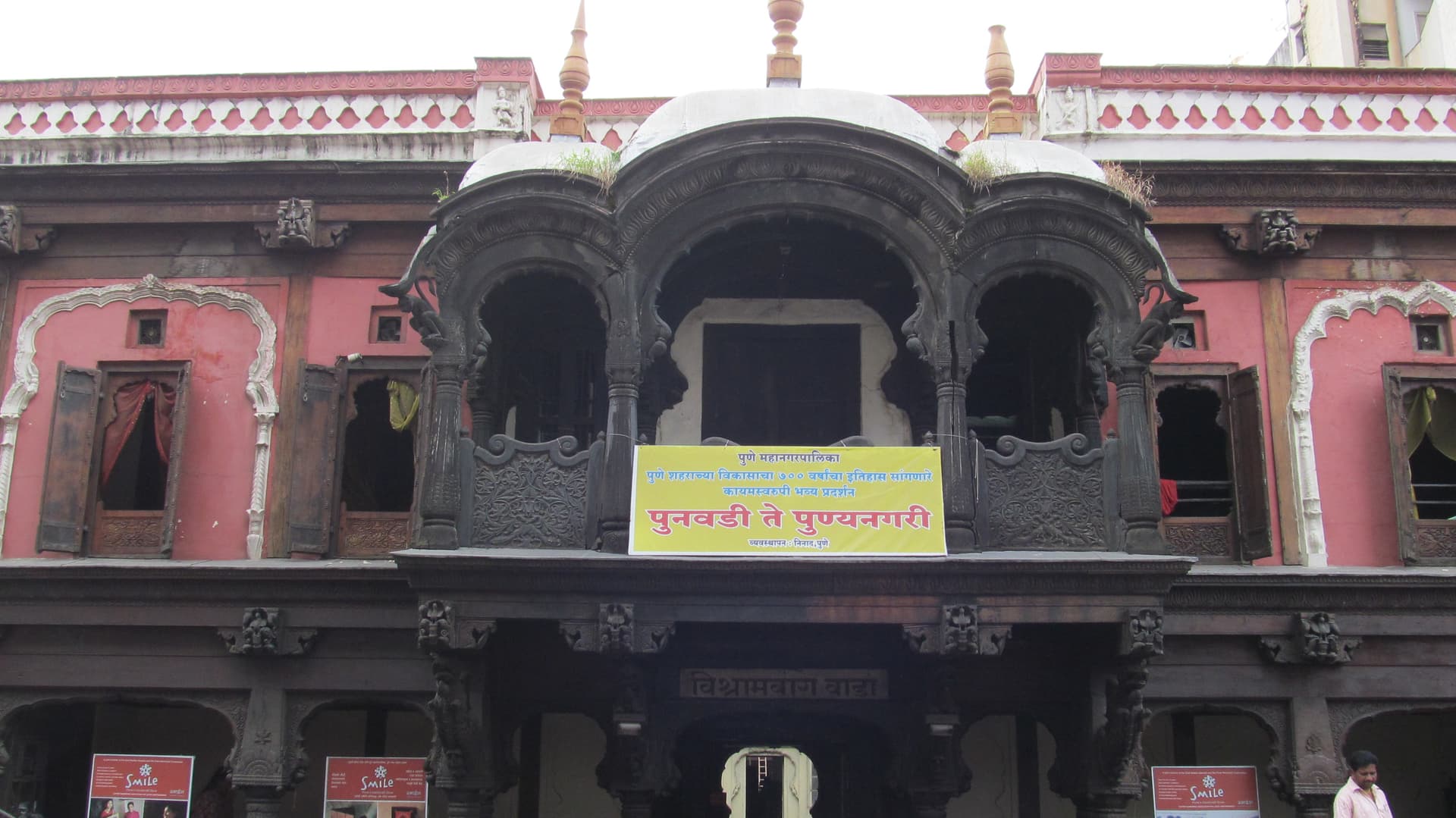
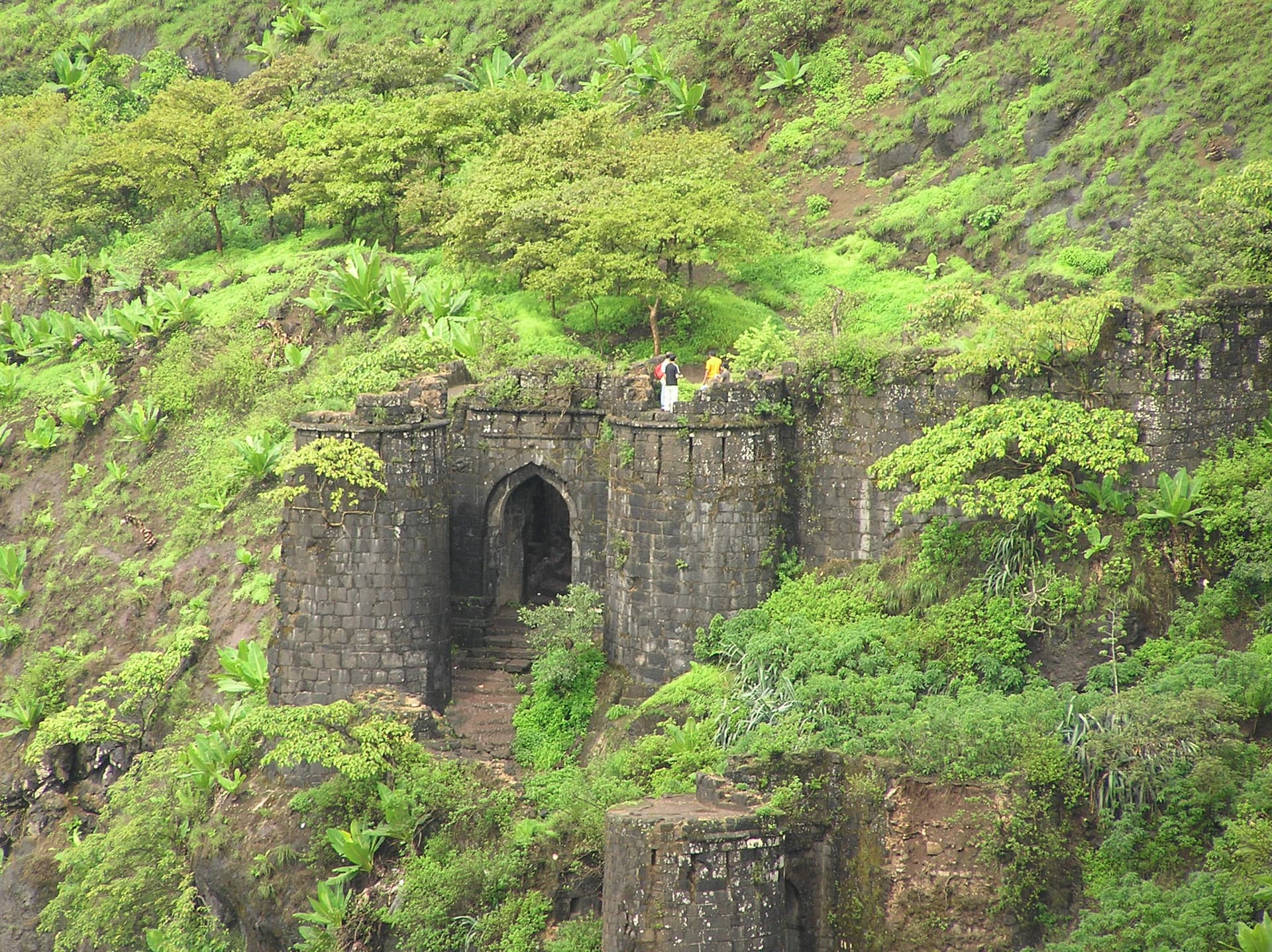
%201.jpg&w=1920&q=75)